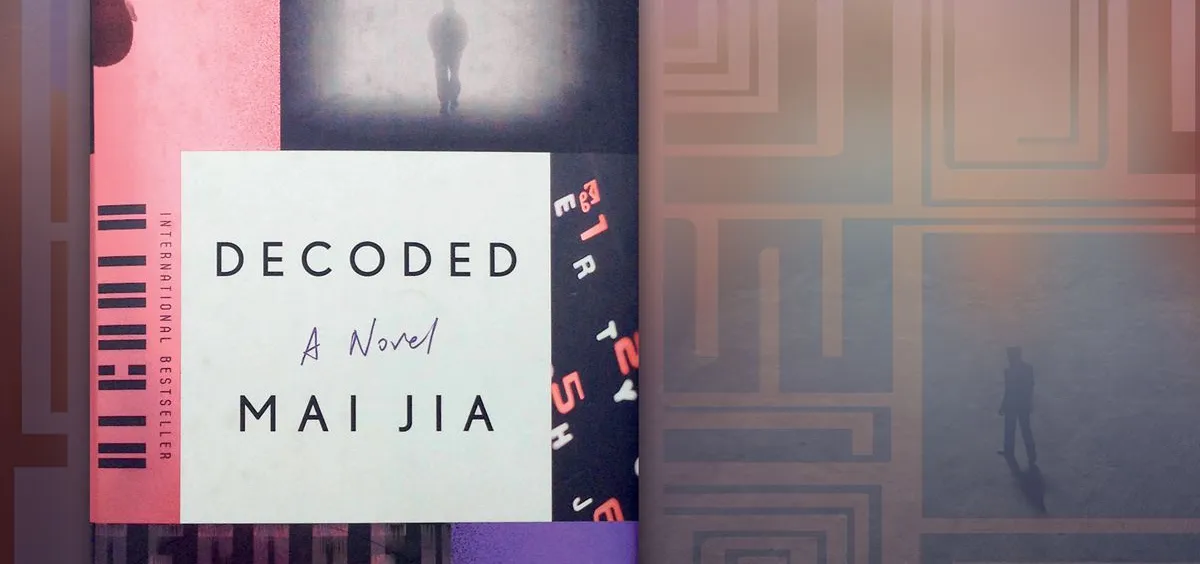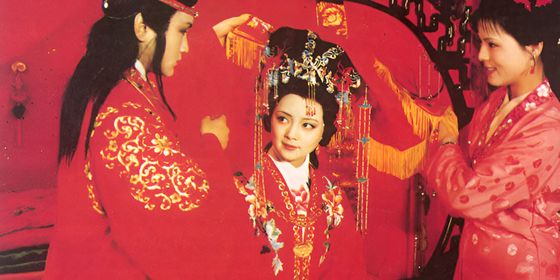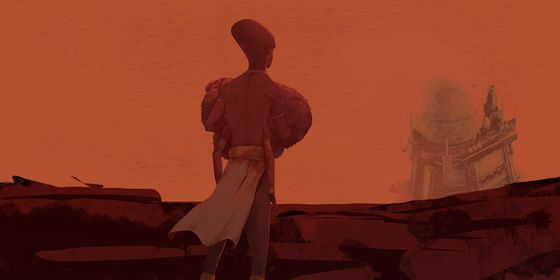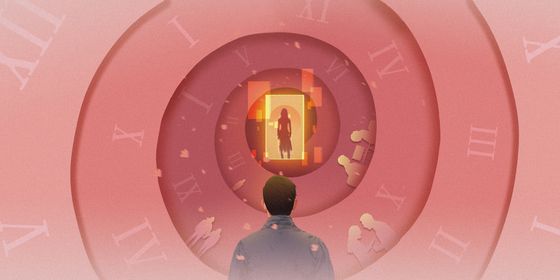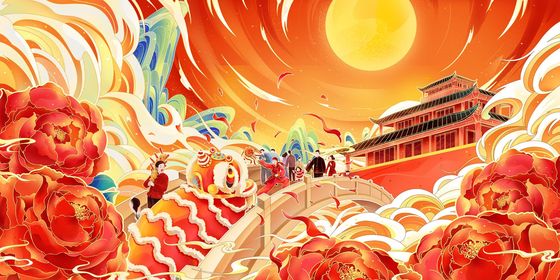Inside the mind of Mai Jia’s “Decoded”
Mai Jai (麦家)’s genre-bending debut novel, Decoded is a page turner; often brilliant, sometimes confused, but always daring. It leaps between being historical saga, meta fiction, magical realism, and postmodernism, all while being a literary spy thriller. Often, it feels like Mai is trying to do too much (as is common in a debut), and it did take him 11 years to write. At other times his disparate storytelling techniques meld together well, and you think China might just have a very, very fine writer on its roster. It is a pity that it took until 2014 before an English version was published, when the Chinese version came out in 2002. Western publishers should take more risks with Chinese fiction, and reading this one certainly leaves you wanting to explore the rest of his work.
Decoded tells the story of how Rong Jinzhen, an abandoned autistic savant who becomes a mathematical genius, is recruited by the Chinese government as a top secret cryptographer, and who’s own brilliance eventually sees him descend into madness. If this all sounds wonderfully plot-driven, it isn’t. Instead, the book is more of a deep psychological portrait of Jinzhen’s interior, full of what are attempts at profound musing. Sometimes such musings work, other times they don’t.
Mai clearly has the bug for weighty aphorism and neat simile: “Their wedding gave people an odd feeling, just like when you are about to close a window and a bird abruptly utters into the room: it’s strange and yet it seems almost like fate, and you really don’t know what to do—is it a good or bad omen?” And at times you nod in assent at his touch for metaphor, as he writes sentences that you really want to get into bed with: “This fragility is what makes a genius a genius. It is what allows them to transcend all limits, to become ever more refined, like gossamer silk; to become transparent, but to be unable to bear any knock.”
The weighty, metaphysical aphorisms flow thick and fast: “Calculation often proves a slipshod method of determining the future; it shows the possible as being impossible. People do not often work as tidily as calculations: they can make the impossible possible; they can turn earth into heaven. That means in actual fact there is no great gulf between heaven and earth: one fraction more and earth becomes heaven, one fraction less and heaven will change into earth.”
But Mai’s constant attempt to turn on the literary style becomes grating, hackneyed even, and his epigrammatic sentences become meaningless, straining toward nonsense: “To appreciate something that is truly beautiful requires courage and talent; without this, beauty can only terrify.” At times, particularly toward the end of the book, Mai simply does not know when to rein it in. You can almost feel him thinking, “That was a killer sentence, I think I will do another one. And another one. And another one.” The cumulative effect of which is what could be very fine writing, ventures toward overly-rich pastiche, and sometimes it goes on for pages and pages at a time. It feels needlessly repetitive:
“He began to realize that his line of sight line was becoming blurred: the window, the sky, the city, the setting sun everything was quietly slipping away, and in its place there emerged a flowing atmosphere and the sound of the setting sun scorching the sky—he saw the firmament as a formless and swirling mass with hot embers drifting through space on into nothingness. The heavens burnt and darkness swelled up, eventually engulfing him. At that moment he understood, and he felt his body transform into an electric current. He glimmered, his entire body began to float; he had become some form of energy. Like a blazing flame he began to burn, to swirl, to evaporate, to drift into nothingness.”
How’s that for existential musing?
The first hundred pages of the book are its nest, with all its hints of magical realist tones. Before we even get to Jinzhen, we get his genealogical backstory—the family names and stories from the 19th century being repeated in an other-worldly fashion: babies with enlarged heads kill their mothers in childbirth, men develop strange allergies to salt, and the importance of interpreting our dreams to understand our futures, people suddenly drop dead. None of this is suggestive of the spy-thriller territory, but that is where we end up.
The spy-thriller format is made more exciting by Mai’s own biography. He spent 17 years working for the People’s Liberation Army in intelligence and the temptation is to believe you are reading a true story and the Chinese were having intense cryptographic battles with America (country X in the book) throughout the Cold War. Half the time, cities and countries are given their real names, other times we are told of city C and city B, or country Y and country X. This is probably both a nod to the mathematics alluded to in the book and the material’s “classified nature”.
Though, occasionally, it feels like the marks of real life censors that Mai just didn’t get around to changing. Either way it works. China’s nationalism and patriotism are much touched on in the book, but Mai always feels more or less ambivalent toward it, which is refreshing and, arguably, not what you would expect from someone having served 17 years in the People’s Liberation Army; he even spends a chapter outlining the horrors the Red Guards committed in the Cultural Revolution, where one of the protagonists is savagely beaten as she wears a dunce’s hat inscribed with the words “KMT Whore”.
The final part of the book’s structure is when Jinzhen’s descent into madness feels strained—like Mai thought, “Ok, he’s gone nuts. Now what do I do?” His way around this is two-fold. Firstly, he drops in lots of interviews with those surrounding Jinzhen (his wife, boss, etc.) and asks them what they thought happened. Answer: he paid the price for being a maths genius; it happens all the time. Secondly, he decides to wax lyrical about God and Christianity a lot, which feels like overreach. Yes, Jinzhen did spend a lot of his youth immersed in the Bible, but this is not something that we get much detail on. So, it feels strange when it becomes such a central part of the book’s denouement. Sentences such as “Taken altogether, this outcome is what Rong Jinzhen spoke about: God gives us happiness and also suffering; God reveals everything to us,” feel out of place in this Chinese family saga about mathematics, cryptography, and Cold War paranoia. The epilogue is one of Jinzhen’s notebooks of sorts and is full of meandering quotes from the Bible. Perhaps this is what mad men do, perhaps Mai is inviting us to solve a complex puzzle, but occasionally it feels a bit like he has run out of ideas.
Overall Mai’s command of narrative technique is commendable—he dips between flashbacks, interview transcripts, notebooks, and first and third person narration with considerable skill. His writing is occasionally superlative, writing with an, at times, mesmerizing voice, showing considerable intelligence throughout. Though straining too hard to find a moral compass, he is surely one of the better writing talents in contemporary China. One hopes that future publishers set about translating his next works in a considerably speedier fashion.
“Decoding a Spy Savant” is a story from our newest issue, “Romance”. To read the entire issue, become a subscriber and receive the full magazine. Alternatively, you can purchase the digital version from the iTunes Store.





